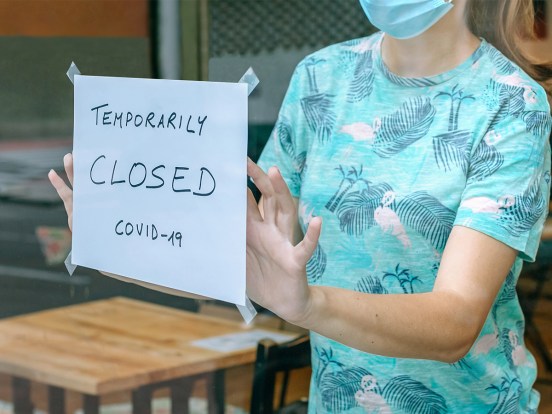There’s nothing worse than a silent bar, and in the competitive hospo landscape, ambience is at the top of customers’ must-have lists.
Whether it be background music, live performances or weekend DJ sets, using any kind of music in a commercial space comes with legal obligations. You can’t just turn on Spotify and forget about it, sorry!
Why do you need a music licence?
When music is played in a public or commercial setting like a bar in New Zealand, it constitutes a “public performance”, and Under the Copyright Act (1994), having permission from music creators to use their music in your business is a legal requirement.
Therefore, a music licence will allow you to legally play music, while also ensuring that the artists are paid for their work.
Licensing bodies in New Zealand
In New Zealand, the main licensing bodies that handle music rights are:
- OneMusic: This company is a collaboration between APRA AMCOS (representing songwriters and music publishers) and Recorded Music NZ (representing recording artists and labels). OneMusic provides blanket licences for playing recorded or live music in public.
- APRA AMCOS: This company is primarily responsible for managing the public performance and communication rights of songwriters, composers, and music publishers. They focus on the performance rights in live and recorded music.
How to get your music licence
Assess your needs
Have a think about how music will be used in your bar. Different licenses cover different uses, so which of these are most likely?
• Background music (via speakers or TV).
• Live performances.
• DJ sets.
• Jukeboxes.
• Karaoke.
The more accurately you define your bar’s music use, the easier it will be to apply for the right licence.
Contact a licensing body
OneMusic is your go-to for securing a music licence in New Zealand. Their team can walk you through the process based on the specific music needs of your venue.
Choose the appropriate licence
There are several licence options that cater to bars, pubs and clubs. The most common licences include:
• Background Music Licence: If you’re playing background music through speakers, televisions, or radios, this is likely the license you’ll need.
• Live Music Licence: If you’re hosting live performances, including bands or solo acts, this license will cover your venue for those events.
• DJ or Karaoke Licence: For bars with DJ sets or karaoke, you’ll need additional coverage beyond background music.
OneMusic often offers blanket licences, which cover a wide range of music usage, so you can simplify the process rather than applying for multiple specific licences.
Submit an application and pay a fee
Once you’ve determined the right licence for your bar, you can submit your application and pay a licensing fee. The fee is generally based on the size of your venue and how often you plan to use music but they start at around $500 annually or $16 per day. It’s important to renew your licence annually.
What if you don’t get a licence?
Playing music without the appropriate licence can lead to legal action and fines.
Music licensing bodies regularly monitor public spaces, including bars, to ensure compliance with copyright laws. It’s always better to be proactive and ensure you’re on the right side of the law.
While licensing music for your bar in New Zealand is a relatively simple process, it’s also one that’s crucial for staying compliant with copyright law.
By getting a licence for your venue, you will not only provide the perfect musical atmosphere for your customers, but also support the artists – win, win!
How to catch up with The Shout NZ…
Online, updated daily with its own unique content and breaking news.
Our weekly newsletter – free to your inbox! Subscribe here.
We are also on Facebook and Instagram!





